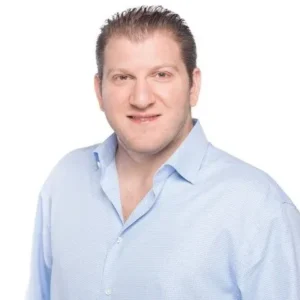Many major advertisers like Verizon, Unilever, Coca-Cola and Honda are boycotting Facebook advertising, some joining in the #StopHateForProfit campaign, which promises to pause advertising spending on Facebook in an effort to encourage the company to ramp up their efforts against hate speech and disinformation.
These brands are considering not reactivating their campaigns until after the election in November or until Facebook changes it’s policies regarding problematic political posts.
Last year, Facebook produced nearly $70 billion in ad revenue through millions of advertisers globally. Many of these advertisers command much higher Facebook budgets than others, and as more continue to withhold spending, Facebook may be faced with a financial dent.
Some of these top media buyers represent millions in revenue for Facebook, and as pullback from these brand advertisers persist, performance marketers have opportunities in the form of reduced ad pricing and higher return on ad spend.
The pandemic has already driven a slowdown in digital advertising industry this year, which may make it challenging to link any potential dip in Facebook revenue directly to the boycott.
While Facebook’s highest-spending 100 brands account for $4.2 billion of their ad revenue, much of the rest comes from small- and medium-sized businesses. Tens of thousands of them acting over a significant period of time would be required before Facebook would see any dent in revenue.
As key influencers in other large sectors join in the boycott, a snowball effect of sorts is beginning to take place. Others participating in this ad boycott include North Face, Eddie Bauer, Ben & Jerry’s and Magnolia Pictures. This presents a unique opportunity for small and mid-sized businesses that continue to run social ads over the coming months. The cost of advertising will likely reduce as Facebook’s stock price continues to fall.
Take advantage of this opportunity to grow your business through social media advertising and contact Brandstar Digital Marketing today!







